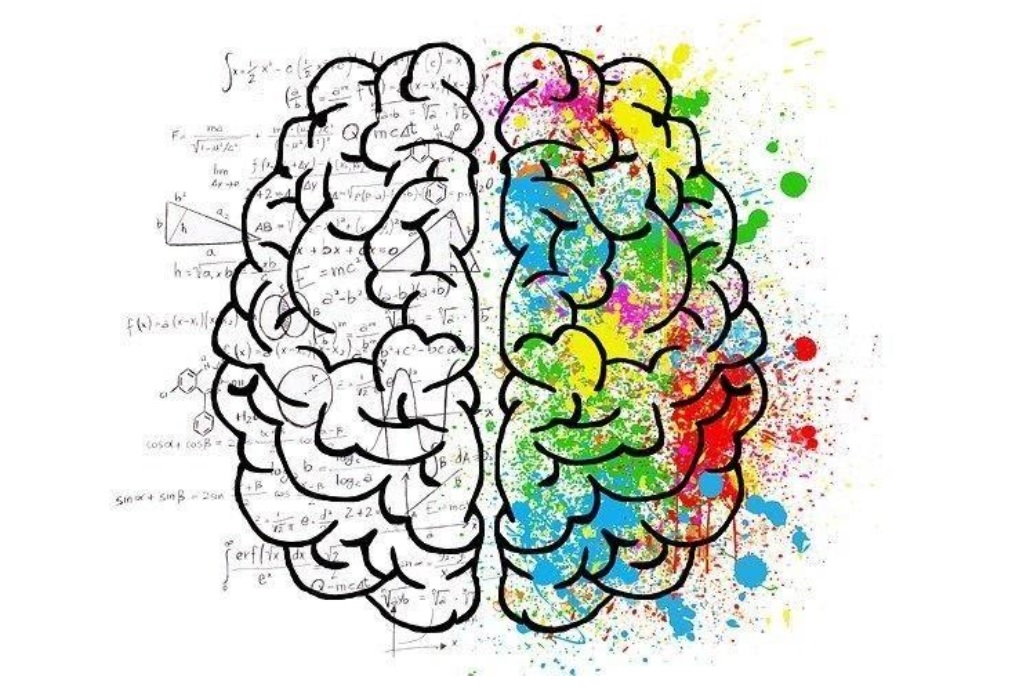Every now and again, a game of fortune is something that a lot of people like doing. If you’re not winning, you still get a minor thrill from the risk-reward aspect, and it’s usually a sociable activity, whether you’re wagering on sports or playing poker with pals.
However, as with many pleasurable activities such as shopping, eating, and drinking – going overboard may turn what should be a one-time pleasure into a mental addiction.
For the first time, the Diagnostic and Statistical Manual of Mental Disorders (DSM-5) section on substance-related and addictive disorders was revised in 2013. It was once thought that pathological gambling was caused by a need to alleviate stress, thus the term “compulsion.”
What Is It About Gambling That Is So Entertaining?
People don’t only go crazy because they enjoy winning, they go beyond because they enjoy generating money.
Gambling excessively can affect the way the brain communicates chemical information, and gamblers are typically genetically or psychologically predisposed to excessive gambling. These circumstances might spark a person’s downhill spiral toward addiction.
If you want to get your brain back to normal, you’ll have to undo weeks, months, or even years of bad habits that have accumulated over time.
What Happens to the Brain?
For a better understanding of gambling problems, it helps to have a basic awareness of how the brain functions while we are enjoying ourselves.
In our brains, we have a reward system that is activated when we receive a reward. The pleasure and incentive centers of the brain are particularly well-served by these pathways.
Exciting events, like receiving a compliment, engaging in sexual activity, finishing a project, or winning a game, prompt our brain to release neurotransmitters, which act as chemical messengers between nerve cells.

As a reward system neurotransmitter, dopamine is the most important. We sense happiness and motivation when we have enough dopamine produced by engaging in exciting and rewarding activities.
Dopamine is released in the reward system up to ten times as much as it would normally be in the absence of drugs, resulting in a euphoric high. In the case of gambling, the same thing occurs.
The reward system in the brain is activated by gambling in a manner similar to how drugs are: by increasing the release of dopamine. This is one of the primary reasons why individuals engage in it in the first place: it provides a great deal of pleasure.
When it comes to gambling, most individuals are content to walk away after playing a few hands of cards or a few coins on a slot machine. Others, such as those who develop a gambling addiction, cannot. Why? There are several variables at play when someone continues to gamble, and things become more difficult.
There are certain persons who have a predisposition to become addicted.
Researchers have discovered a link between genetic predispositions for compulsive behavior, such as problem gambling and drug abuse, and impulsiveness. Two of the most important are:
- The reward system in the brain is not working properly.
- The prefrontal cortex is less active.
There are certain people who have a lower amount of euphoria and enjoyment from inherently rewarding situations because their brain reward system is underactive. Because of this, they gravitate toward activities that elicit a strong sense of euphoria and enjoyment in them, such as drug use or gambling, which activate reward pathways over and above normal levels.
Studies have shown that gambling addicts and drug abusers had less activity in the prefrontal cortex than that of the average individual, which is involved in decision-making, managing impulses, and cognitive control.
Managing their need to play the slot machine or roll the dice one more time is therefore far more difficult for them. They are naturally impulsive and have a hard time making judgments that take into account the long-term consequences of their activities.
Predispositions like this make it quite probable that a gambler will continue to play after they’ve won their first or a series of victories. Reward-system activation has triggered their dopamine rush, and the bliss keeps them going back to obtain more of it.
During this time, the brain’s reward system begins physically altering its response to stimuli.
The Individual Builds up a Tolerance
Have you really enjoyed a mobile game that was initially engrossing but lost its appeal after a few sessions? There are certain differences between the effects gambling has and the effects marijuana has on the mind and body, but overall, they can be very comparable.
Essentially, the brain adapts to the activity and no longer receives the same level of stimulation.
To put it another way, the reward system becomes less effective when the brain is completely overwhelmed by excessive drug use or gambling. There are fewer dopamine receptors, which means that less dopamine travels through the brain and, as a result, less pleasure for the person, which means they are subconsciously pushed to increase the dose.
The brain returns to normal after only a few occasions, like taking medication once or twice. Although frequent, excessive stimulation causes the brain to acquire a greater and longer-lasting tolerance to the stimulant, this is not always a bad thing.
To experience the same rush of dopamine as in their early days of gambling, many people turn to excessive gambling. But even if they keep gambling, they won’t get their money back since they’ve developed a tolerance to the addiction.
Because of the long-term changes to the brain’s functionality, the person gets addicted to gambling at this point.
Article edited and fact checked by our editorial team
References:
- Yau YH, Potenza MN. Gambling disorder and other behavioral addictions: recognition and treatment. Harv Rev Psychiatry. 2015 Mar-Apr;23(2):134-46. doi: 10.1097/HRP.0000000000000051.
- Pettorruso M, Zoratto F, Miuli A, De Risio L, Santorelli M, Pierotti A, Martinotti G, Adriani W, di Giannantonio M. Exploring dopaminergic transmission in gambling addiction: A systematic translational review. Neurosci Biobehav Rev. 2020 Dec;119:481-511. doi: 10.1016/j.neubiorev.2020.09.034.
- Kaasinen V, Honkanen EA, Lindholm K, Jaakkola E, Majuri J, Parkkola R, Noponen T, Vahlberg T, Voon V, Clark L, Joutsa J, Seppänen M. Serotonergic and dopaminergic control of impulsivity in gambling disorder. Addict Biol. 2023 Feb;28(2):e13264. doi: 10.1111/adb.13264.
- Blaszczynski A., Nower L. (2002). A pathways model of problem and pathological gambling. Addiction, 97(5), 487–499.
- Clark L, Averbeck B, Payer D, Sescousse G, Winstanley CA, Xue G. Pathological choice: the neuroscience of gambling and gambling addiction. J Neurosci. 2013 Nov 6;33(45):17617-23. doi: 10.1523/JNEUROSCI.3231-13.2013.
